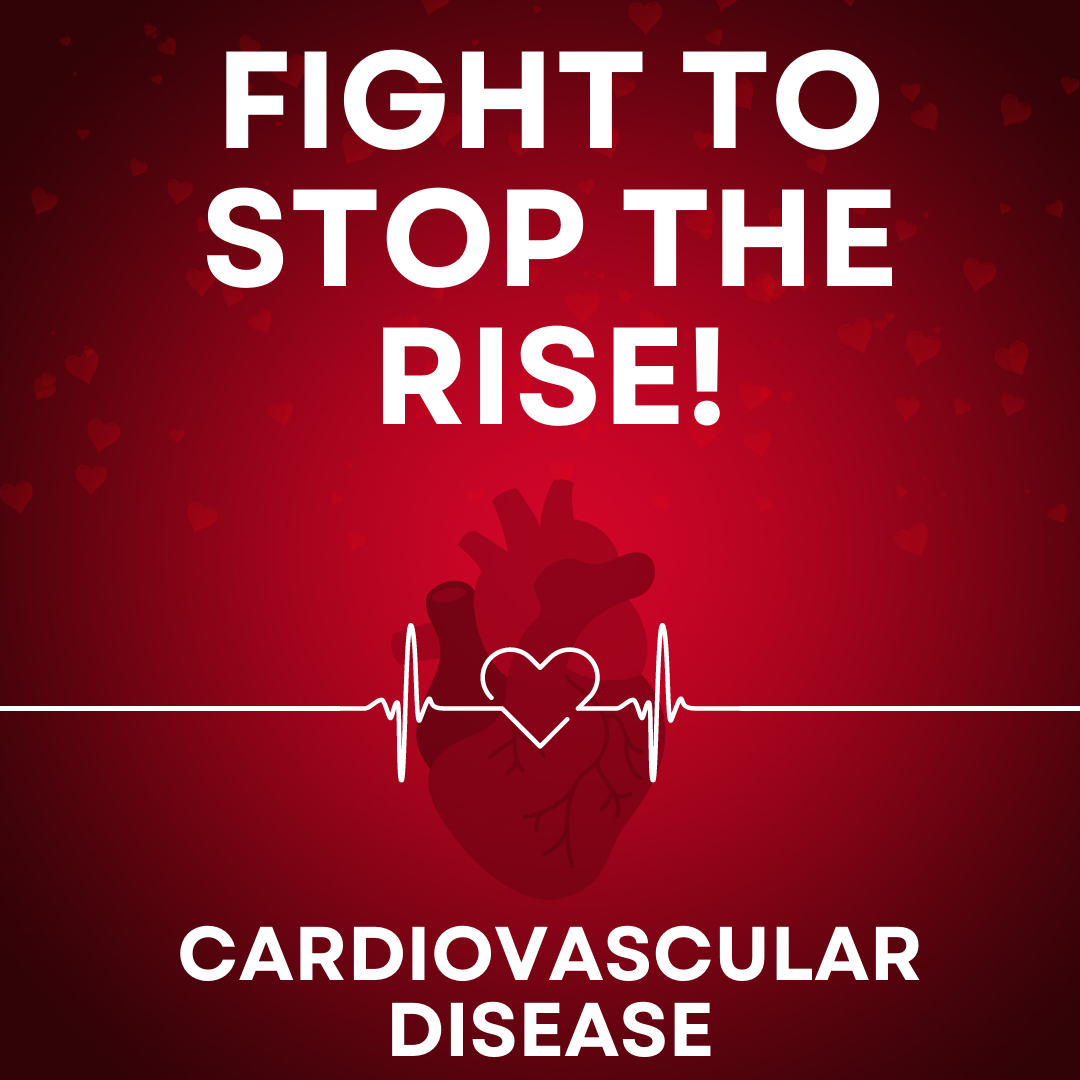Being proactive with maintaining a healthy lifestyle can reduce the risks for cardiovascular disease. According to Centers for Disease Control and Prevention, “One person dies every 34 seconds in the United States from cardiovascular disease”. That statistic alone shows that the fight to decrease cardiovascular disease should be a high priority for many Americans.
There are many forms of cardiovascular disease seen across the world, some of these include heart attack, stroke, arrythmia, heart valve complications, and heart failure. Heart attack being one of the most common cardiovascular diseases known.
The first step to fighting this disease are tackling the risks. Factors that can reduce your risk for heart disease and help prevent heart attacks and strokes:
Exercising regularly
Staying physically active and creating a schedule with some form of physical activity daily can help not only maintain a healthy weight but can also help with blood pressure and cholesterol levels. Understanding and knowing that not all forms of exercise consist of going to a gym or excessive weightlifting.
Eat a healthy diet
Many people know that what you put into your mouth can really determine your overall health. Selecting foods that are heart healthy and eating a balanced diet can help lower your risk of heart disease. If this step becomes challenging or hard, reach out to a dietician to see what foods should be consumed for you. Consuming vegetables and fruits, whole grains, and low-fat proteins are considered good sources of fiber, nutrients, vitamins, and minerals. Controlling your portion sizing can help with overeating while limiting fats can reduce cholesterol levels.
Maintain a healthy weight
When mentioning weight loss many people think about their body mass index (BMI) and whether they are considered underweight, normal, overweight, or obese. As it is in fact important to watch your BMI, it has been known that those numbers can also become misleading. BMI is calculated based off one’s height and weight, some other factors that can influence weight are not taken into consideration such as muscle mass, bone density, race, and sex. Understanding what is considered a healthy weight for yourself is important.
Minimize smoke exposure
Smoking or inhaling smoke can decrease the oxygen going to your heart which in return increases one’s blood pressure and heart rate which are risks of cardiovascular disease due to the narrowing of the arteries. There has been a rapid increase of those with cardiovascular disease due to e-cigarettes and other forms of smoke inhalation. Secondhand smoke exposure is also a risk for heart disease making smoking around infants and children extremely frowned upon as their lungs and organs are still developing.
If cardiovascular disease has been a topic of concern for you or someone you may know, here are a few symptoms to look for:
- Chest pain or discomfort
- Indigestion and/or heartburn
- Upper body discomfort
- Shortness of breath
- Nausea and/or vomiting
- Dizziness
BTC of New Bedford is currently enrolling patients with cardiovascular disease. If you or someone you know has been diagnosed with cardiovascular disease or has any of the symptoms mentioned, please reach out for more information about the potential of this opportunity.

